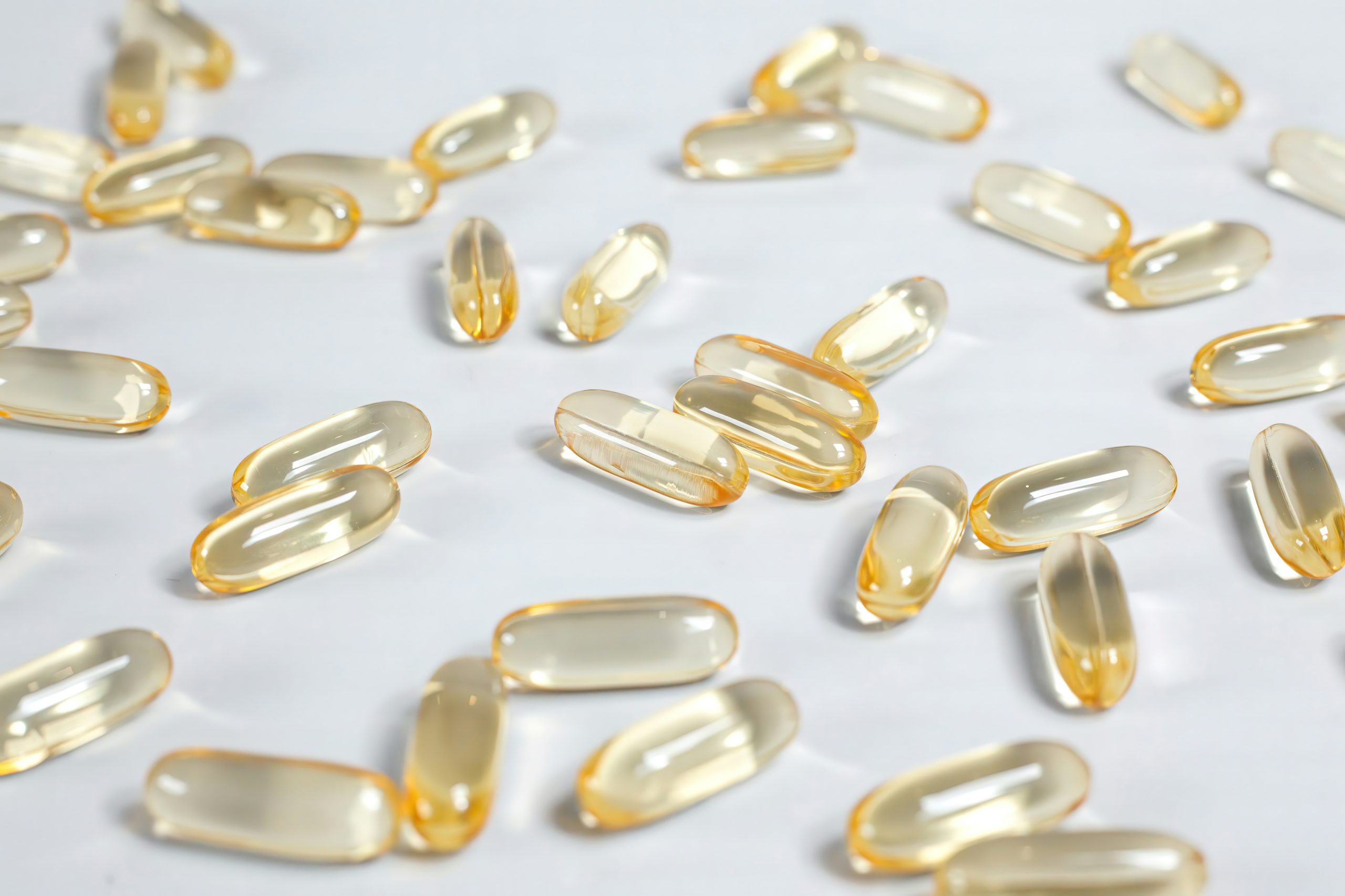TOGETHER AGAINST GLAUCOMA
What is Glaucoma?
Glaucoma is a chronic eye disease that damages the optic nerve, which connects the eye to the brain. This usually happens due to the buildup of fluid in the eye, which increases the ocular pressure. Glaucoma can affect people of all ages, so it’s never too early to have your eyes checked by an optometrist.
microshunT (innfocus or presserflo)
The MicroShunt is a tiny tube which is placed in the eye to help lower eye pressure in patients with glaucoma. It is suitable for patients with uncontrolled eye pressure and its pressure-lowering effect is generally superior to other implants, while being less invasive as trabeculectomy.

Natural remedies for lowering intraocular pressure
Medications and surgical treatments are the most common approaches for managing IOP. However, looking into natural remedies as complementary options to support eye health might be a good idea. While they shouldn’t replace professional care, incorporating them may help lower IOP.

